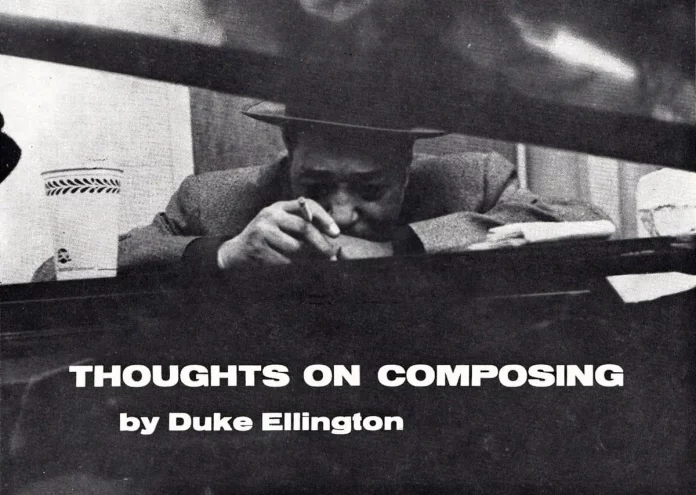The strange thing about being a composer is that you don’t always know when you are composing. It’s a little like a guy who is cooking. He figures he’s just a simple cook turning out the bare necessities, and in some eating places they insist that he stick to the house formula. For the salary he gets, he’s only expected to turn food out in routine fashion, but then one day he has a touch of inspiration. By combining the basic materials in a new way, he wins renown and becomes – a chef.
Of course, some of his customers are going to find fault with his splendid dish. There will be those who are dismayed and say, “We never had anything like this before!” Others, more critical, say, “It’s indigestible!” They may be people accustomed only to plain food, or they may be gourmets, or gourmands. Just like the chef, the composer is always at the mercy of his public’s taste.
The composer and the chef are, I like to think, the humble counterparts of the Major Creator, who gave them their skills and materials. Another parallel we might draw is with the world of plants, which is just one of His many compositions.
Its imaginative variety is fascinating. There are weeds and mosses low down in the scale. Higher up, there are trees to build with, to burn for warmth or to shelter under. In between, there are all kinds of foods for us animals, such as wheat, grass, fruit and vegetables. Each is marvellously designed, and beyond them are fantasies of luxuriant vegetation and the wonderful artistry of flowers. And I’m not forgetting that we get honey from flowers, too!
We could say that the composer is chiefly concerned with the creation of musical flowers, but he can’t make them – whether they’re orchids or daisies – just whenever he wants. Sometimes he labours and produces a cabbage. The big thing is that he labours and produces. One act of creation leads him to another, and to that high plane where inspiration is encountered. He may be terribly surprised when he finds himself there, and he may not be there long, but while he is there he feels so grand. He’s carried away, lifted out of himself, transformed.
If we remain with our plant life, we might say the composer is also a special kind of gardener. There he is with his watering can, sprinkling around, enjoying his highest flight of inspiration side by side with the sun, and bringing to bloom, as a partner of the sun, his perfectly proportioned flowers. It is then he is aware that in his way he is serving God, the highest thing a man can do.
















